
It was January 2018, and I had just returned to Canada from my India trip. I had a great time on Kheerganga Trek in Himachal Pradesh with Kundan, Milind and Satish – friends from undergrad. I was looking at trek options for this year, and Kedarkantha Trek came up in my search.
Kasturi wanted to join this time, and by February, we booked Kedarkantha Trek with Indiahikes. In December, we were going to be in India for a family visit, and we would do this trek mid-December.
I was a bit ambitious at first and reached out to my friends, to get at least 15 people sign up so that we can have a dedicated batch. Family/work commitments, limited vacation time, health issues, etc. prevented many from joining. Finally, it was just Kundan who registered.
Skiing Accident
In March, Kasturi had a skiing accident resulting in a high-grade ACL and MCL tear. She was on crutches for a month, and it took several months of physiotherapy for her to walk comfortably.
After consulting with the Orthopedic Surgeon, it was clear that she won’t be able to do the Kedarkanth trek. It took her more than a year to recover and gain fitness, and we did Ladakh Markha Valley Trek in December 2019.
Later in the year, Kundan and I booked flights. We would fly Pune-Delhi-Dehradun and then take a bus from Dehradun to Mussoorie. After staying in Mussoorie for two nights, we would head to Sankri – basecamp for Kedarkantha trek.
Indiahikes & Trek Group
Indiahikes was founded in 2008 by Arjun Majumdar, and has grown to be the largest trekking organization in India. Kedarkantha was the first winter trek in Uttarakhand, started by Indiahikes.
Indiahikes team started communicating with all participants in September. Suhas Saya was our trek coordinator, and he created a WhatsApp group for our batch. There were 21 people in our December 16 batch.
Over the next few weeks, Indiahikes shared details about fitness, food, altitude sickness and everything we needed to know about our trek. I was impressed with the level of detail in these emails and the professional approach of the Indiahikes team. Here is an example of the information that was shared –

A couple of weeks before the trek, I uploaded my fitness proof. The fitness requirement was basic (ability to run 5 km in 45 minutes or less). But, I liked that Indiahikes made an effort to ensure people are fit for the trek.
Ahmednagar to Mussoorie
After spending two weeks at home in Ahmednagar, I left for Pune and met with Kundan. Two flights later, we were at Dehradun airport. We got to Dehradun city and got on a bus to Mussoorie.
Mussoorie is at an altitude of 2005 m, and as we got closer to Mussoorie, the bus started making its way up the switchbacks.
On the bus, Kundan and I shared a seat with another person. He was drunk, and every time the bus made a turn, he would be terrified. Then he would babble about how the bus was going to fall into the valley. It was an entertaining ride.
The bus dropped us off at Library Chowk, and we walked three km to Sun Grace Hotel. We checked in, had lunch and then went for a leisurely walk.
Acclimatization in Mussoorie
The next day we rented a motorcycle – Royal Enfield Bullet to explore some places around Mussoorie. Kundan loves driving bullet, and I can barely take this beast off the centre stand. I was happy to be the pillion rider.

St. Paul’s Church
We planned to go to Lal Tibba scenic viewpoint first, but on our way, we saw a small church at Char Dukan. It’s a British-era church built in 1839 and was run by British military chaplains for more than a century. The community renovated the church around 2010, and it was beautiful inside.
We continued our drive to see Lal Tibba. I was terrible at navigation, and we were driving in circles. Finally, after asking around, we reached the viewpoint. Frankly, I was quite disappointed. We had a nice view of the mountains, but nothing spectacular.
Shedup Choepelling Temple
After lunch at Char Dukan, we went to the Shedup Choepelling temple in Happy Valley.
It’s a small Tibetan monastery with a panoramic view of the valley.

Kempty Falls
Next up was Kempty Falls. It is a cascading falls with a 40 ft drop into a big pool and has other attractions for tourists. We went up the trail just off the road. We saw smaller waterfalls, and it was relatively quieter.
George Everest House
Late in the afternoon, we drove back to Mussoorie and got directions for George Everest house. George Everest was the Surveyor General of India from 1830-1842, and built this house in 1832. It is now a tourist attraction, and unfortunately, is not maintained well.

We did the short hike to George Everest Peak.
By the time we got back, there was an SUV parked close to the George Everest house. You could hear Bollywood songs from a distance. Few guys were drinking and dancing on top of the SUV. It was time to get out.
Two nights in Mussoorie probably assisted in our acclimatization. Just being at this altitude, doing small hikes and getting used to the cold helped us get ready for the days ahead.
Day 1 – Drive to Sankri
The next day, we got up early for our drive to Sankri. Suhas from Indiahikes helped coordinate our pick up from Mussoorie.
It was a long drive to Sankri, and we made a couple of stops along the way. Around late afternoon, we reached Sankri (1950 m/6400 ft). We would be staying at the GMVN guest house.
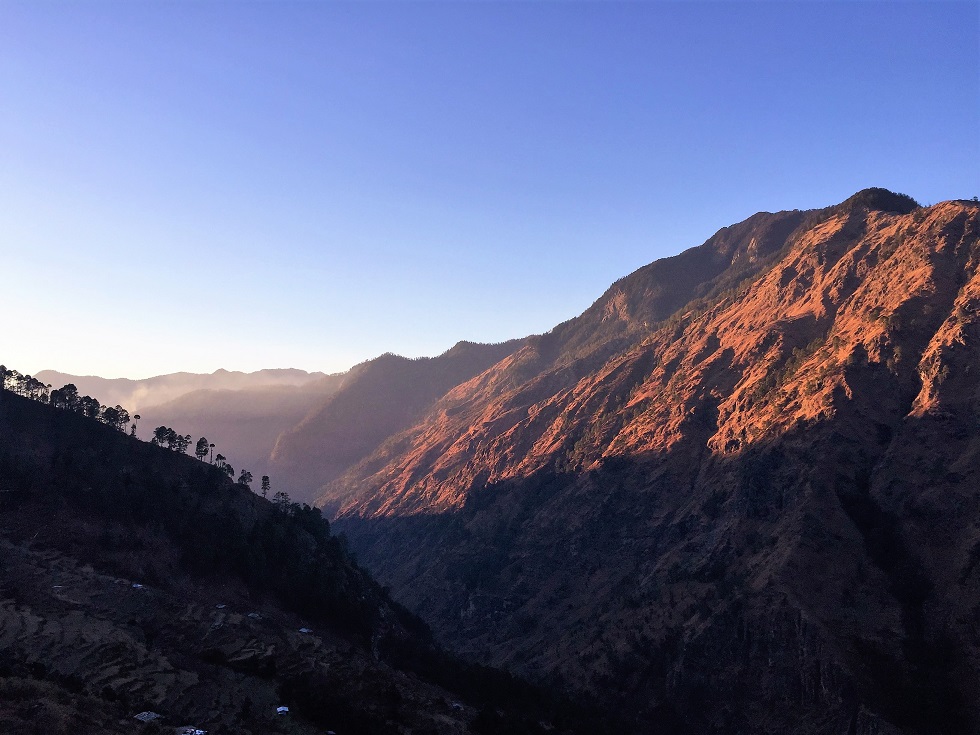
After a round of tea and some snacks, we gathered as a group. Madhu and Pragya – Indiahikes trek leaders for our batch introduced themselves, and then we did our introductions.
It was a pretty young group, with the majority of the trekkers in their early 20s. Kundan and I at 35 were the oldest, and consequently, we became “Kundan Sir” and “Shashi Sir.” Few more years, and we will be “Uncles.”
Each of us got a sleeping bag liner that we would be using at each of the campsites and an eco bag to collect trash as we go. After the briefing, Indiahikes assigned us rooms for the night. The accommodation was basic, a single room with an attached bathroom. We had a single and double bed and had enough space to keep the bags.
Day 2 – Sankri – Juda Ka Talab
Today’s Hike: 4 km, 823 m/2700 ft elevation gain
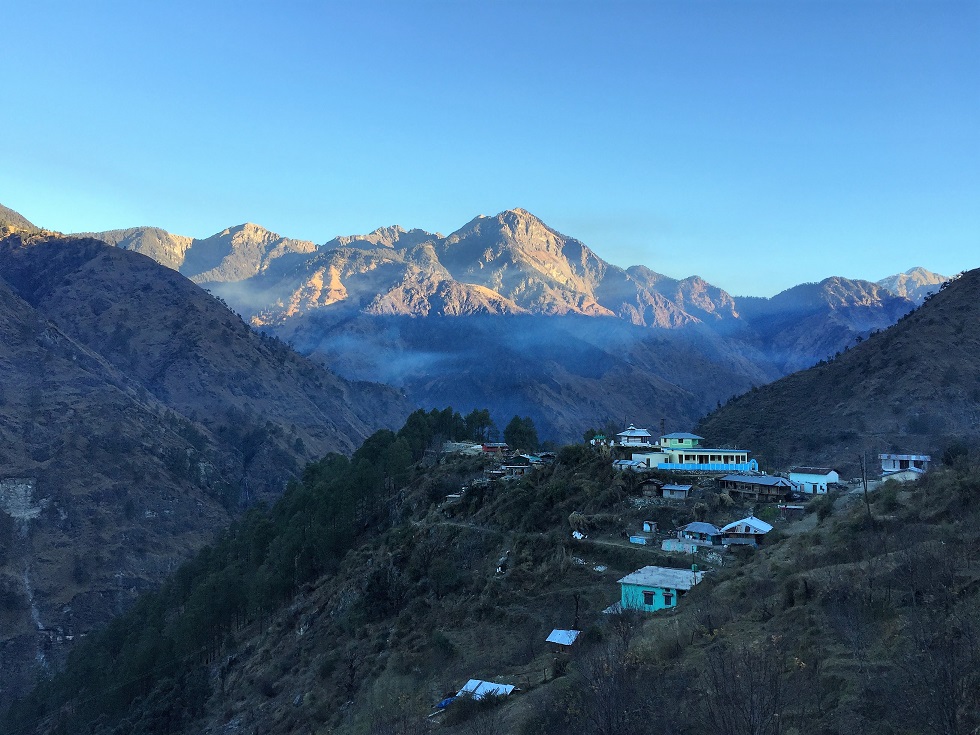
The next day, after breakfast, we had a medical checkup. Indiahikes team checked Blood Pressure and Oxygen level (using O2 Meter) and recorded them in a health card that each of us got. For the next few days, we would be doing these checks every day before we started our hike and after we arrived at each campsite.
We also met our local guides. Chaman would be our lead guide, and Subhash would be assisting him. We left Sankri around 9:00 am. It probably took around 15 minutes to get to the trailhead.
Kedarkantha Trek Map
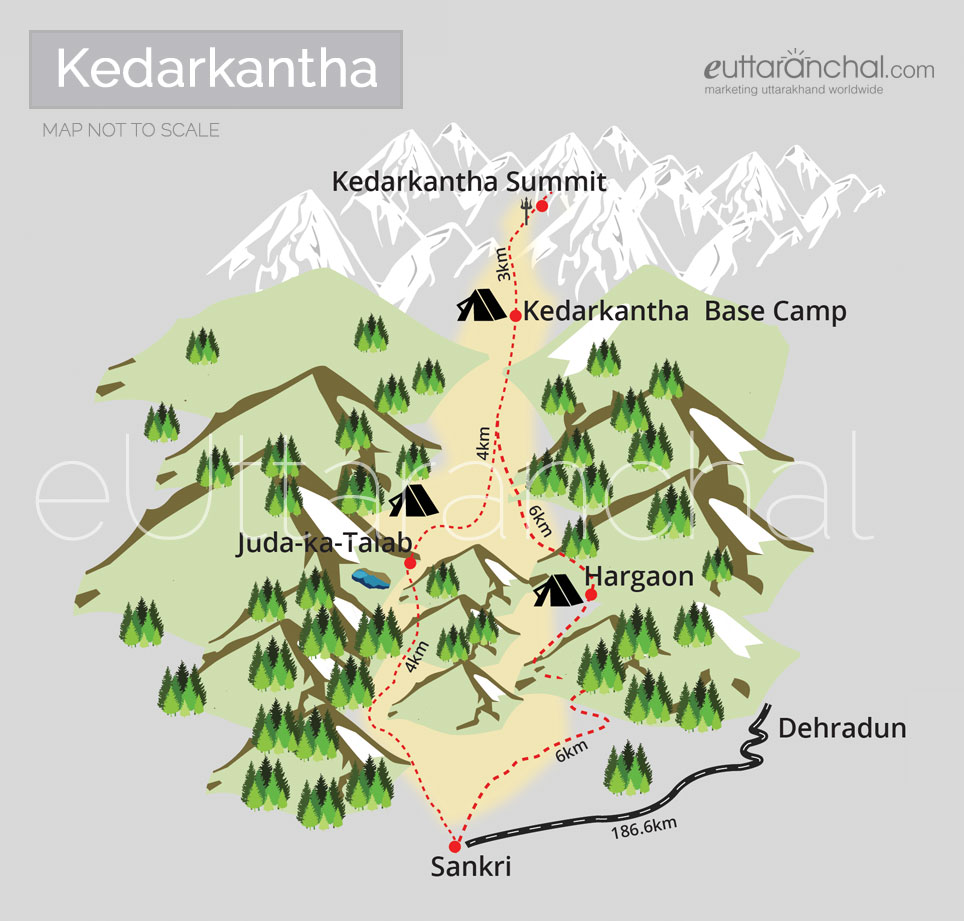
The trail was relatively steep, and we were slowly making our way up. As soon as we had a clearing in the forest, we took a break. We had a beautiful view of the mountains. Madhu and Chaman talked about the mountain ranges and prominent peaks like Swargarohini, Bandarpunch and Kalanaag.
We continued our hike through the forest, and gradually gained elevation. Soon we came across our first hut and the group ordered tea and some snacks.
We had barely walked another hour, and we stopped by another hut.
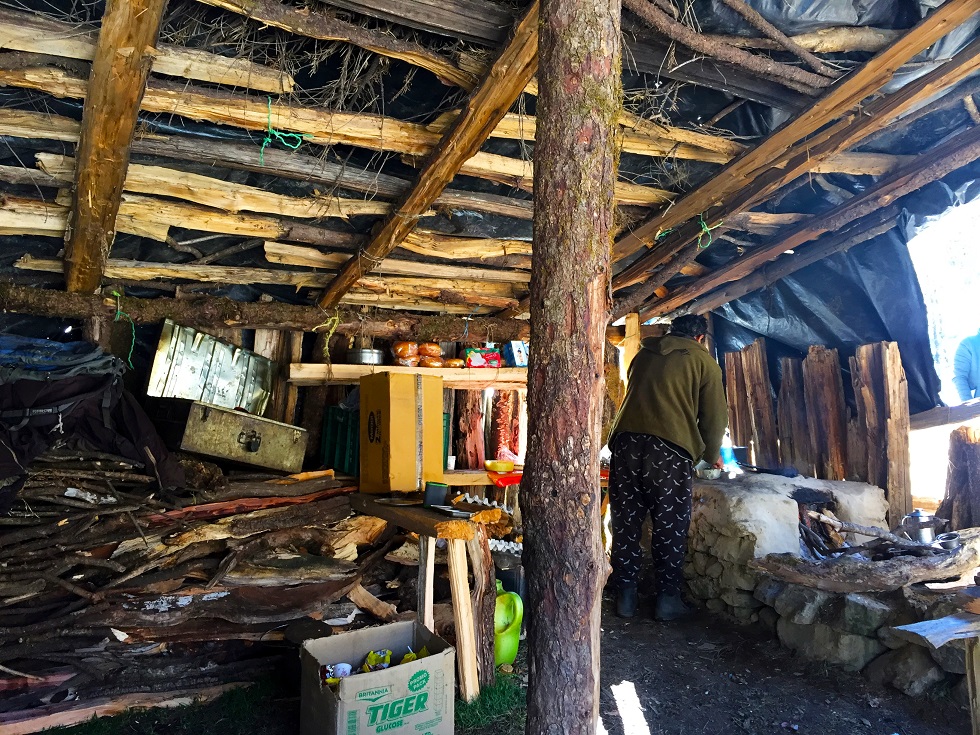
Finally, around 1:30 pm, we reached our campsite, just before Juda Ka Talab. There were eight tents for the trekkers and a couple more for the Indiahikes team. Kudan and I shared a tent. The tent already had a blanket on the floor and sleeping bags for us.
Juda Ka Talab

Each camp in our trek had probably two cooks who would be stationed there for the entire season. While we all had our trekking shoes/boots with woollen socks, the local cooks would walk around in slippers and fetch ice-cold water. These guys would also wake up at least two hours before we did to prepare breakfast.
Once the entire group arrived at the campsite, we got together for a communal massage. We would stand in a circle and do some stretching exercises. Then we would turn right and massage the shoulder/back of the person in front of us. Turn left and return the favour.
Madhu and Pragya had put together a game of trivia for the group. From Kanchenjunga to international borders, it had an interesting mix of questions. I think we had four groups and it got competitive pretty soon.
Later we had dinner of roti, curry, dal and rice. After dinner, we had a briefing on the next day’s plan. We would be hiking to Kedarkantha base camp, and it would be a relatively short day.
Day 3 – Juda Ka Talab – Kedarkantha Base
Today’s Hike: 4 km, 655 m/2150 ft elevation gain
On the first day, we hardly had any snow on the trail. But, on the second day we had snow right from our campsite. We started our hike around 9 am.
Our first stop was Juda Ka Talab – a small frozen lake. Few trekkers from another group appeared to test how frozen the lake was. Thankfully, common sense prevailed, and nobody ventured farther into the lake.

Indiahikes Team
For the next two hours, the group made its way through some steep sections and reached Kedarkantha base camp before noon.
We got together as a group, Chaman led the stretching exercises, and then we massaged each other. I was starting to enjoy this routine. We also met another guide who would be joining us for the summit hike.
After lunch, Kundan and I hiked a short section of the summit trail. As we got back to the camp, the Indiahikes team had some fun games lined up for the group.
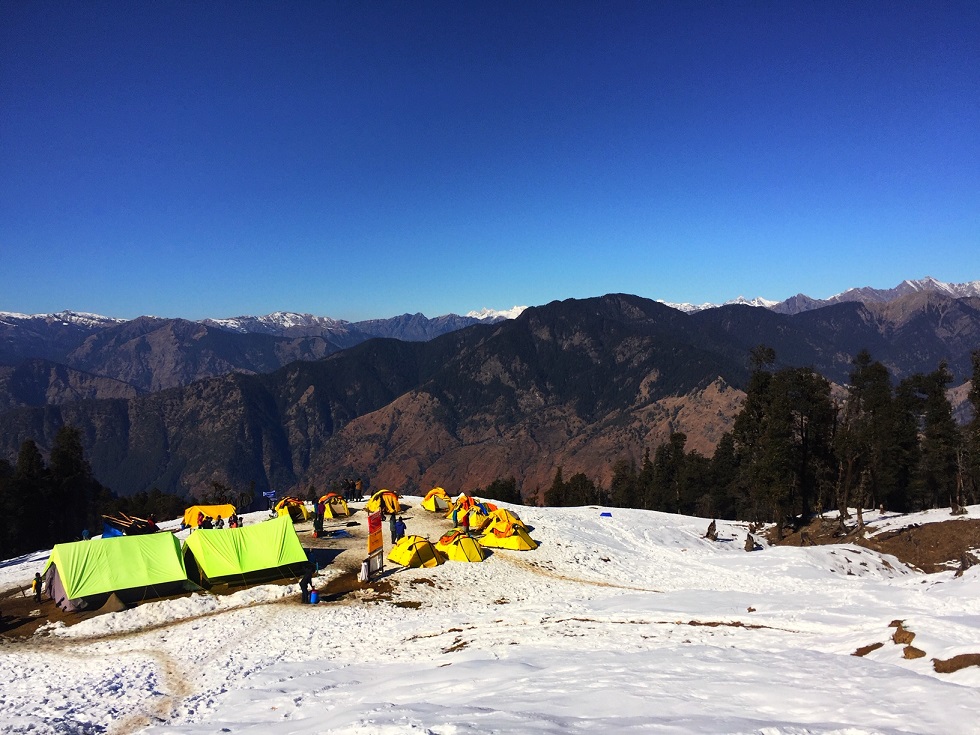
We slept early in the evening as it was going to be a long day tomorrow.
Day 4 – Kedarkantha Base – Summit – Hargaon
Today’s Hike: 9 km, 381 m /1250 ft elevation gain, 1097 m/3600 ft elevation drop
The next day, we got up around 3 am. The night before, we had packed and prepared for an early start. Given the trail conditions we had put on gaiters and microspikes.
With “How’s the josh? High Sir” slogan we started our trek. It took a few months to realize that this phrase came from a recent movie, “Uri: The Surgical Strike.”
The josh (enthusiasm) for few individuals was dwindling as they were tired and couldn’t continue without stopping every few minutes. We realized that we wouldn’t be able to see the sunrise from the summit at the current pace.
We requested Pragya to split the group into two, so that people who can go faster can go ahead. She denied and mentioned that the entire group has to stay together.
Our pace slowed down even more as the trail got steeper. We pestered Pragya to let us go ahead. Finally, she gave up, and around 6:30 am few of us separated from the group and continued on the trail. One of the guides accompanied us.

By 7:15 am we were on the ridge and had a good view. So, we sat there and enjoyed the sunrise.

Kedarkantha Summit -3810 m/12500 ft
After a short 15 minute walk, we were on the summit.
It was a beautiful day with excellent visibility. The prominent peaks we could see were part of the Saraswati mountain range within the Garhwal Himalayas.
On our hike down, there were two sections for glissading, which was probably the most fun part of the entire trek. Just watching the reactions of individuals as they were coming down was entertaining.
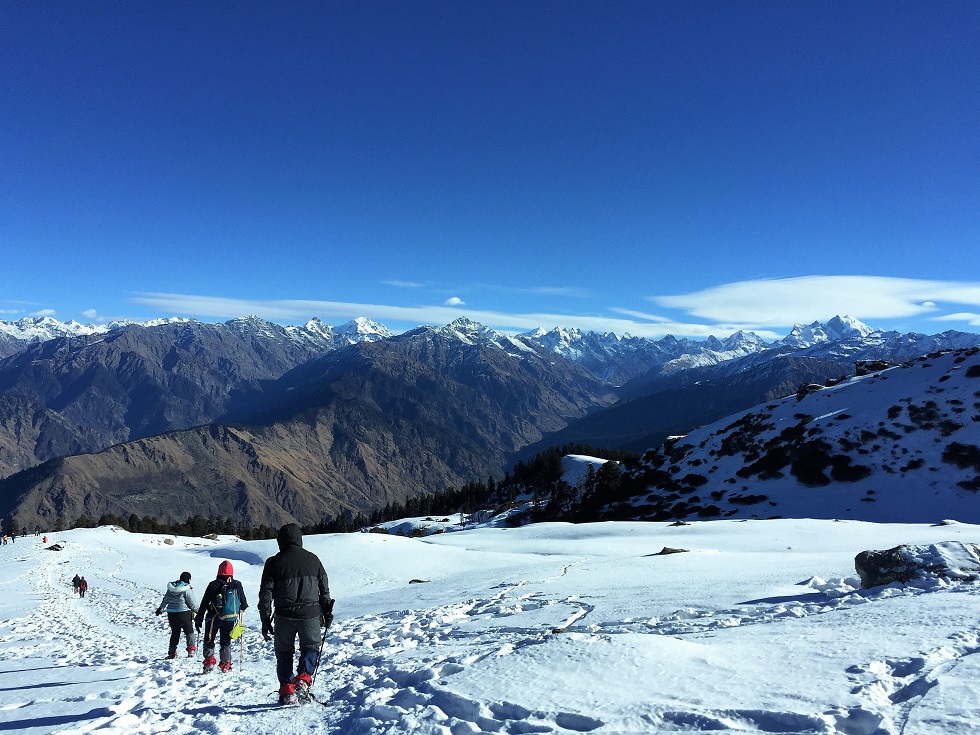
We got back to our campsite around noon, packed our bags and after lunch, we started our hike down to Hargaon. It took more than two hours for us to get to Hargaon.
Hargaon Stories
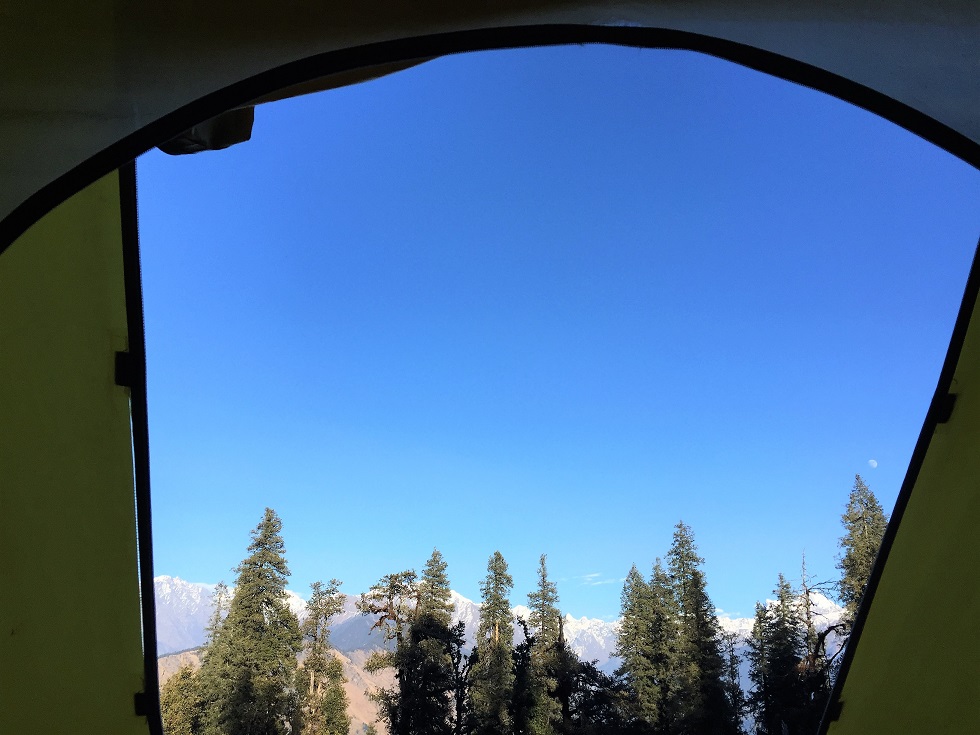
It turned out to be a fun evening with people sharing the most memorable moments in their life. One of our trek leaders – Madhu, shared two stories. The first one was about him getting stuck up high on a waterfall in the Southern part of India and how he survived it.
The second one was about Madhu’s trek to Gokyo Ri in winter and how he got caught up in a storm. A Sherpa found him unconscious and hypothermic, carried him on his back to his village and treated him for the next few days. This Sherpa was 50+ years old.
Ravi, who is from Jammu & Kashmir, shared the horrific story of a terrorist attack in his village and how the terrorists had locked themselves in his house. The session went on as a few more people shared their stories. After dinner, it was time for dumb charades.
Day 5 – Hargaon to Sankri
Today’s Hike: 6 km, 762 m/2500 ft elevation drop
On the hike down, I had an opportunity to chat with Madhu. He has been leading treks with Indiahikes for few years and had done quite a bit of travelling on his own. Madhu had done Stok Kangri (6154 m peak in Ladakh) alone. That is impressive.
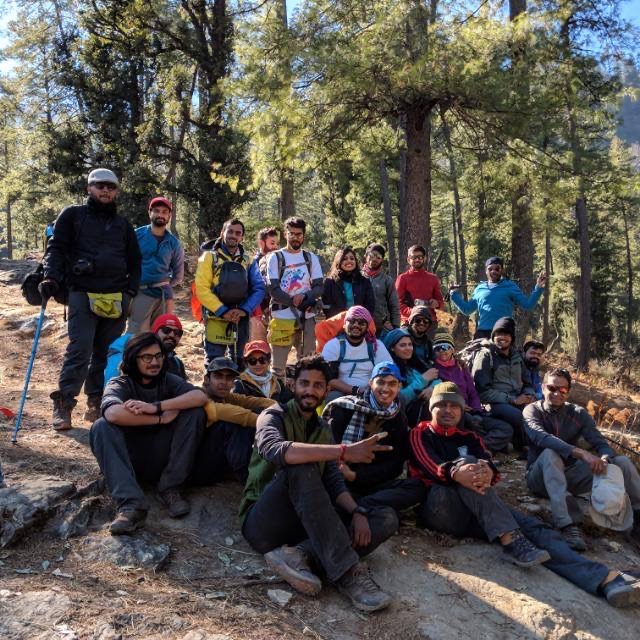
After lunch, the group got together at the guest house. We all had an opportunity to share our experience and provide feedback to the Indiahikes team.

Suhas, Madhu, Pragya, Chaman, Subhash and the staff at different campsites had done an excellent job of managing this trip. All of us had safely completed one of the most popular treks in the Himalayas.
Kundan and I left Sankri the same day and reached Dehradun late at night. The next day, we explored a few places in Dehradun and took a flight out the following day. After months of planning and preparing, we had completed the Kedarkantha trek and had a great time exploring this region.
I will leave you with a few pictures from Dehradun –
Trek and Travel Tips:
Indiahikes – well organized, great staff and cares for the environment. Its website has excellent information about treks, gear, itineraries, fitness guide, etc. One of the downsides of hiking with a big group is that it can get loud and can be frustrating at times.
Gear – If you are doing this trek in winter, make sure you have the right equipment to deal with the sub-zero temperature. Here is what I packed for my Ladakh trip in December 2019. Except for the shell pants, I had about the same gear for Kedarkantha.
Acclimatization – Kedarkantha is a high altitude trek. Irrespective of your fitness level, acclimatization is key to your safety. MedWild has an excellent video series on altitude illness.
Uttarakhand tourism website – a good resource to know more about the region and plan your trip.
Disclosure: I am not affiliated with any of the above organizations.
Did you enjoy reading this post? Please subscribe to get weekly updates. Please share your feedback in the comments section below. Thank you!


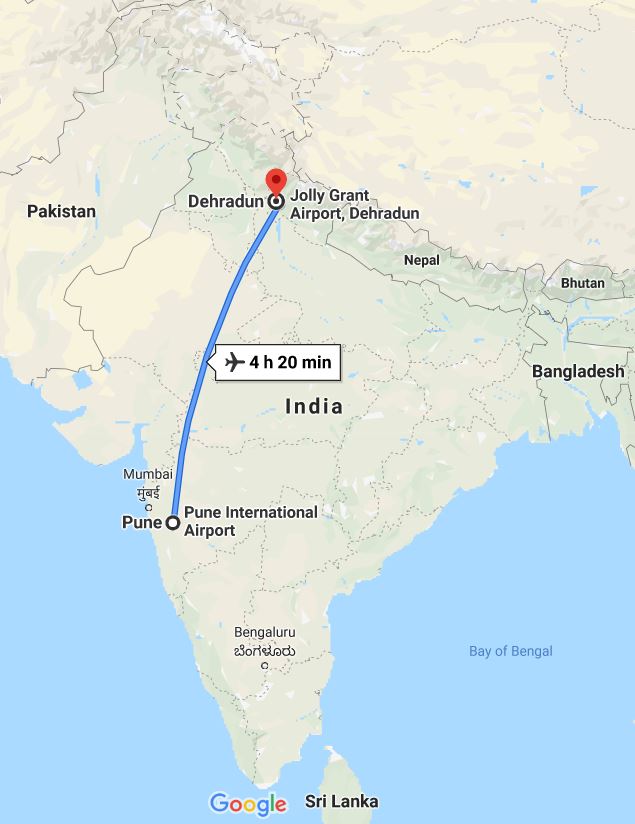
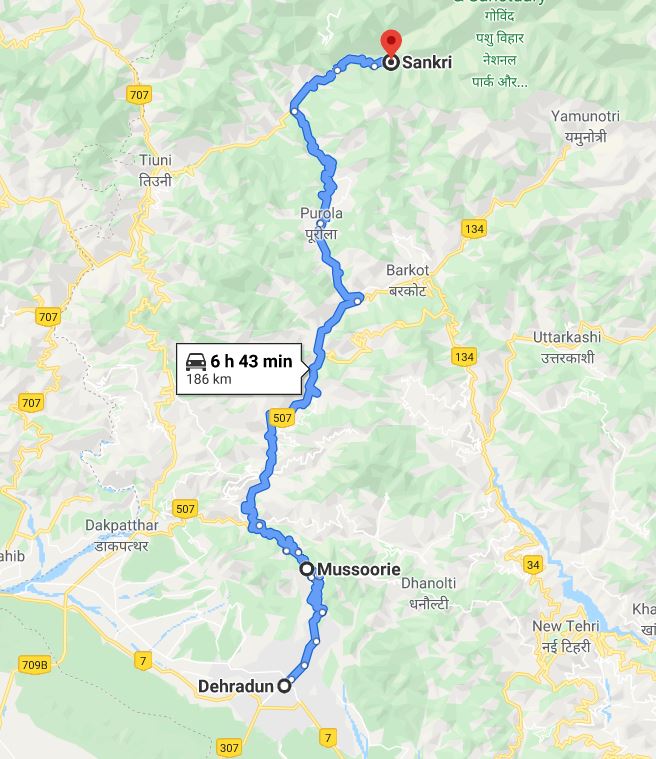
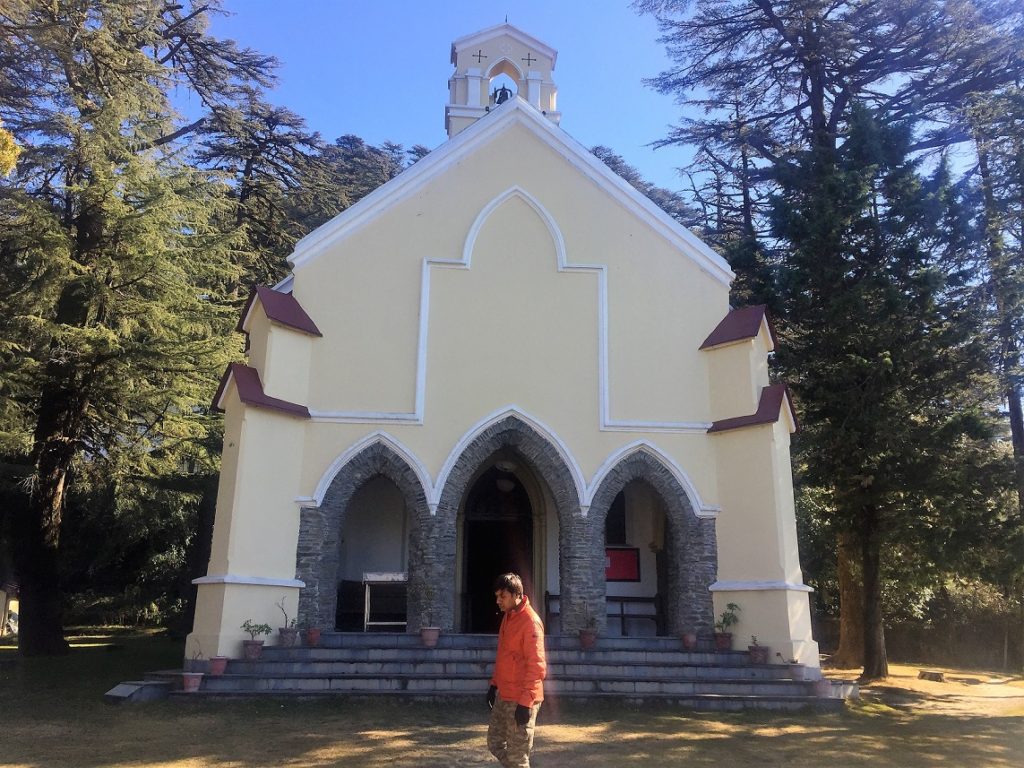
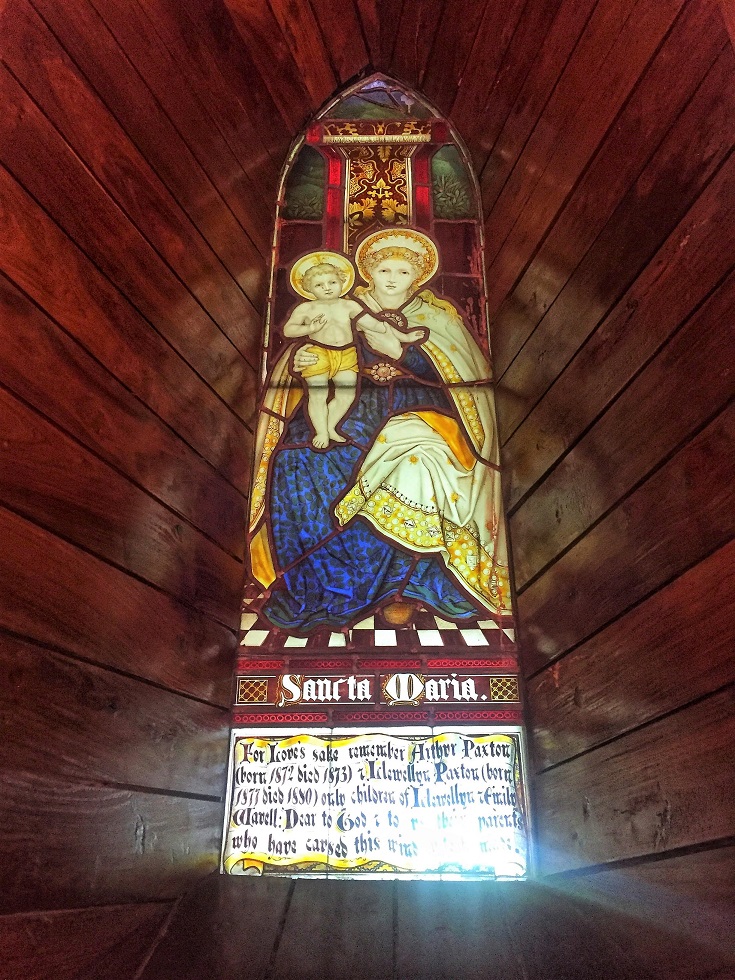
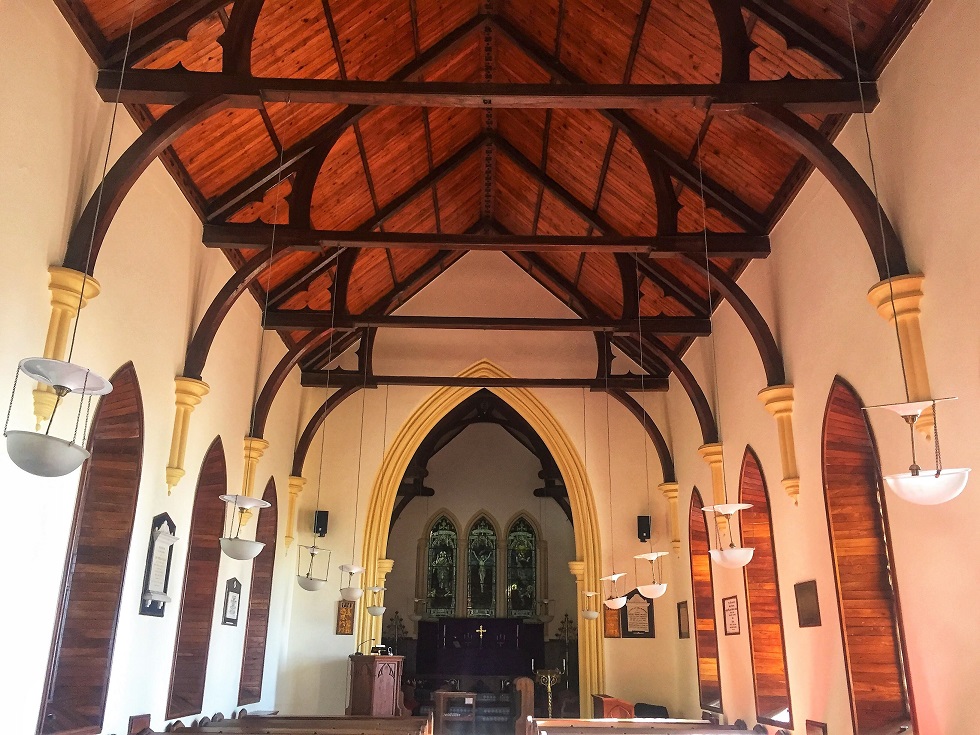
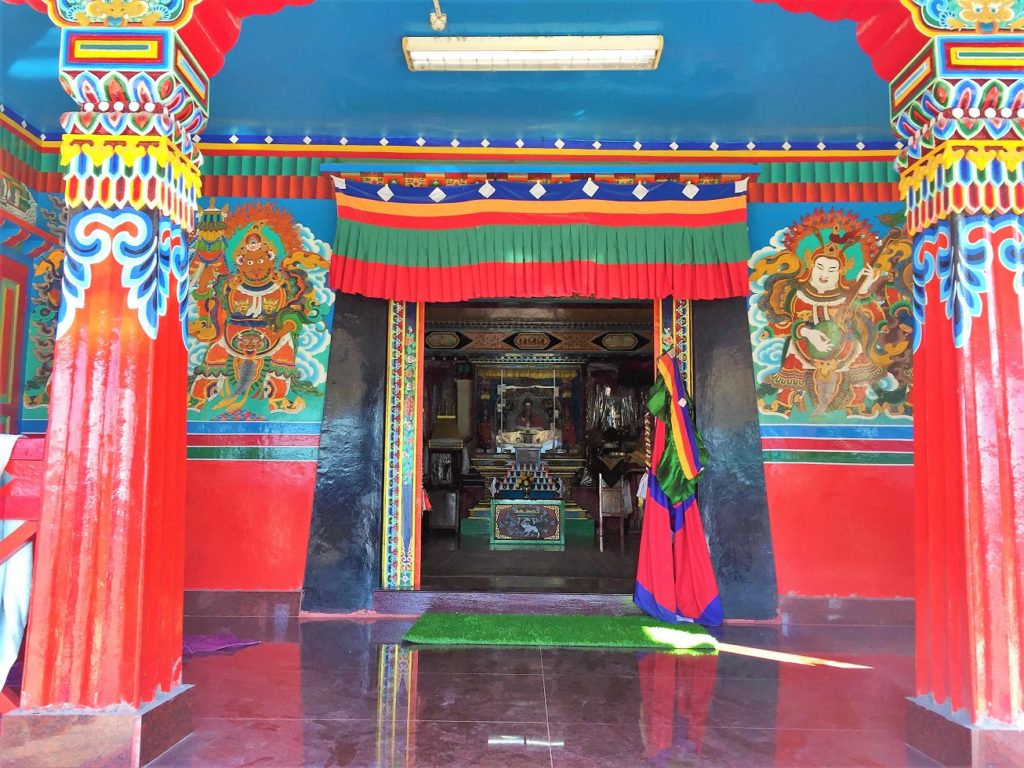
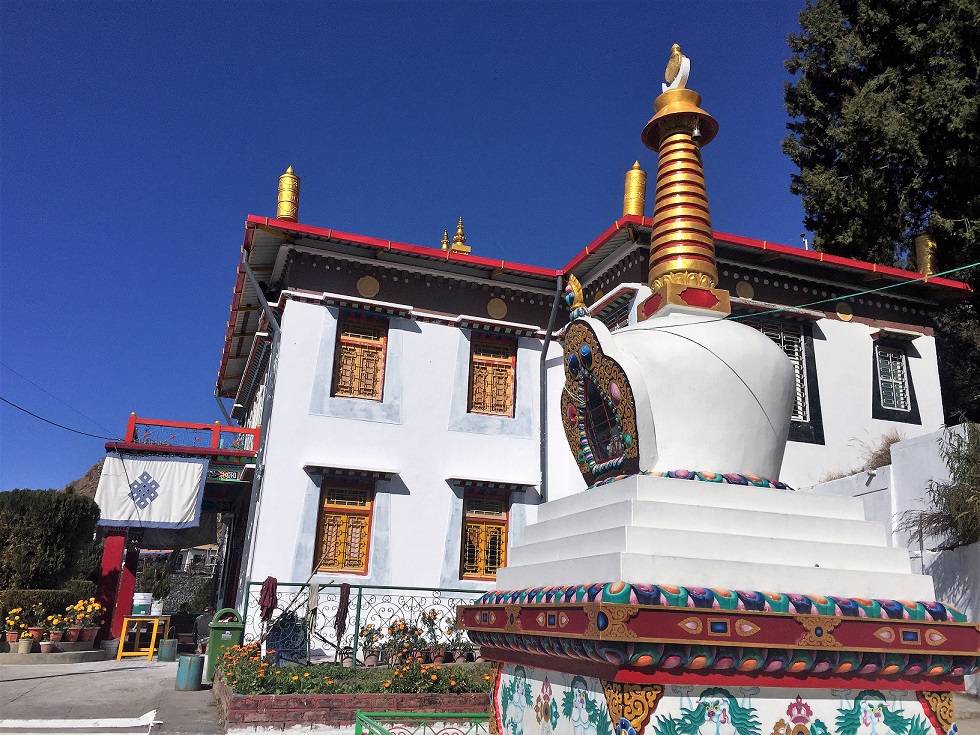
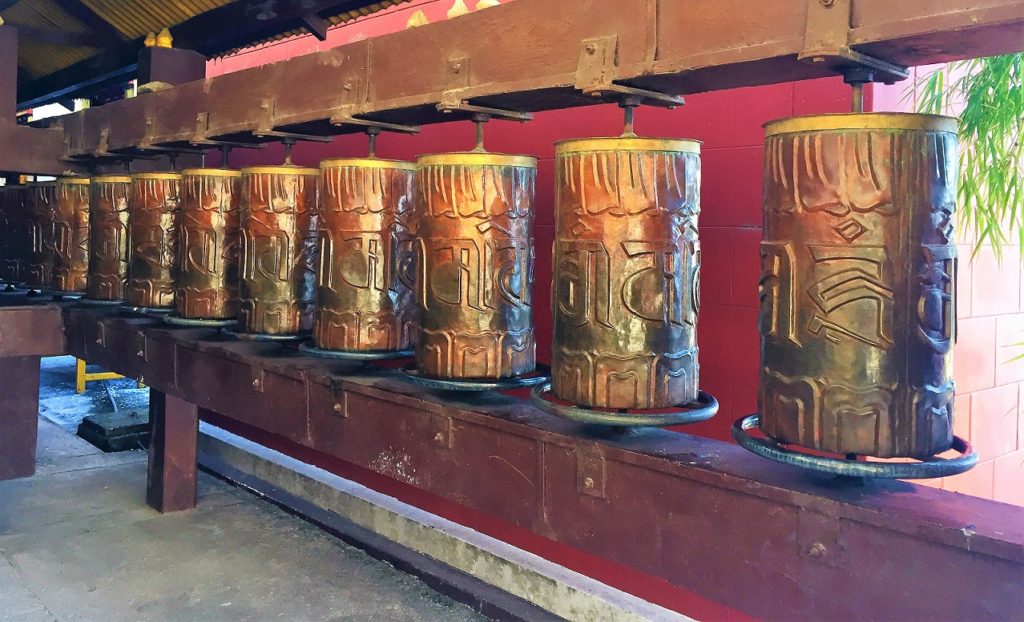
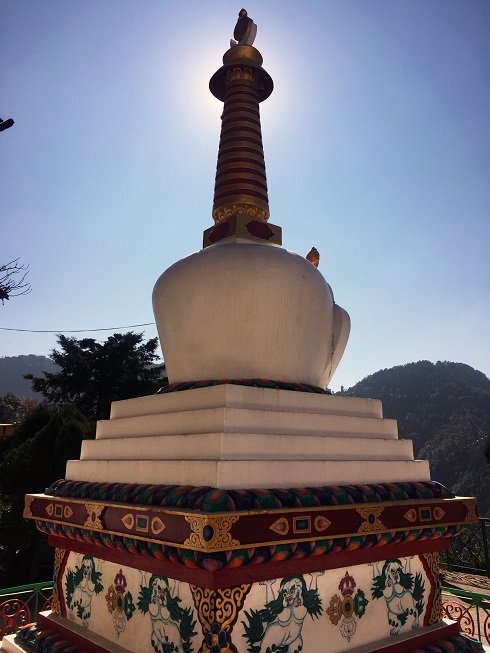

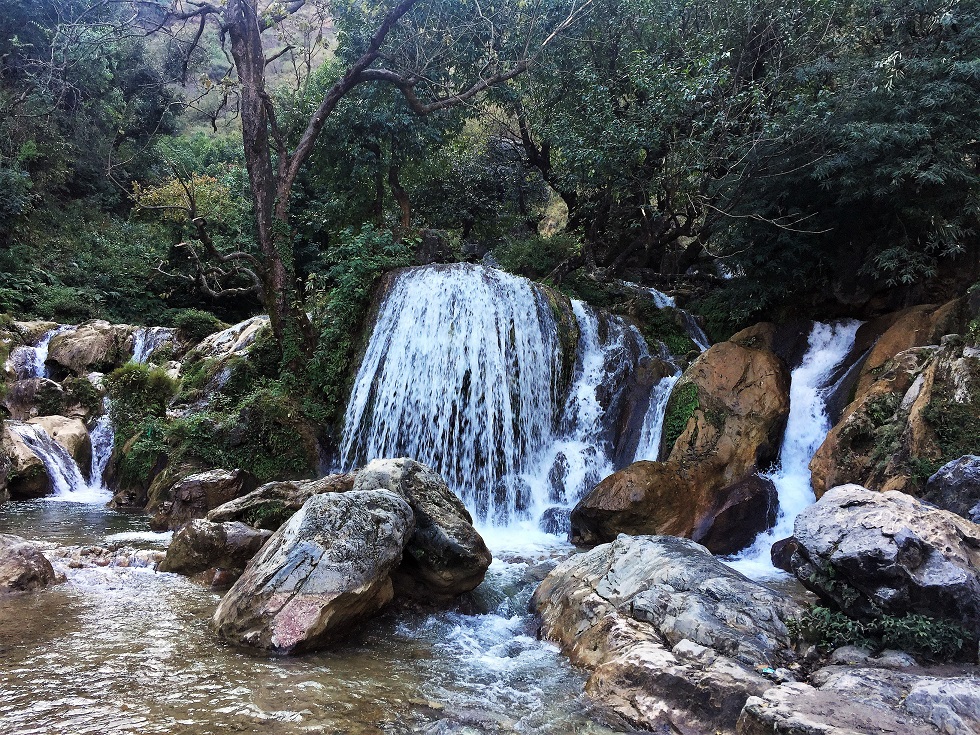



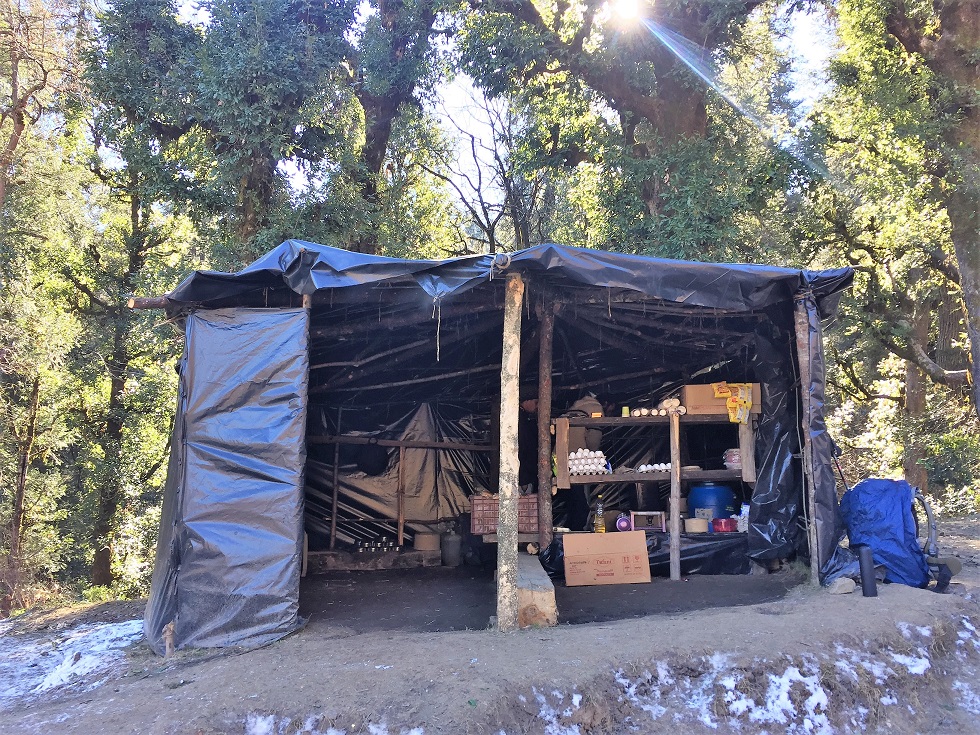

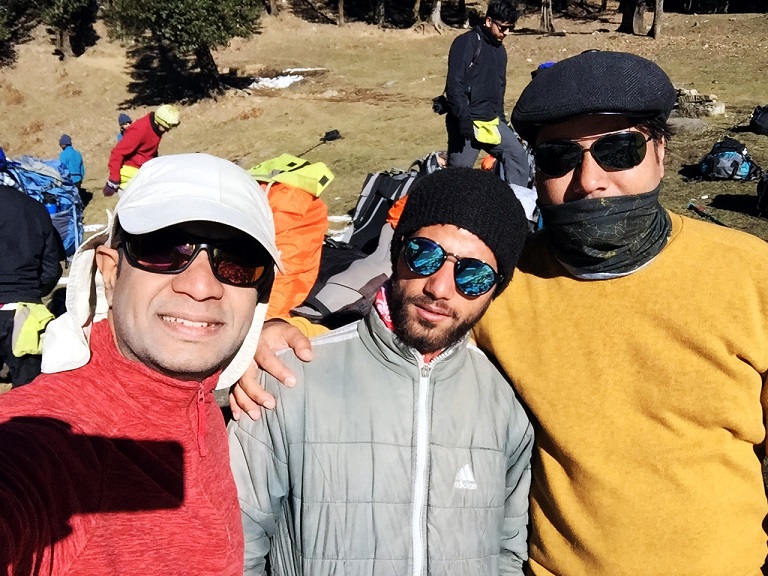
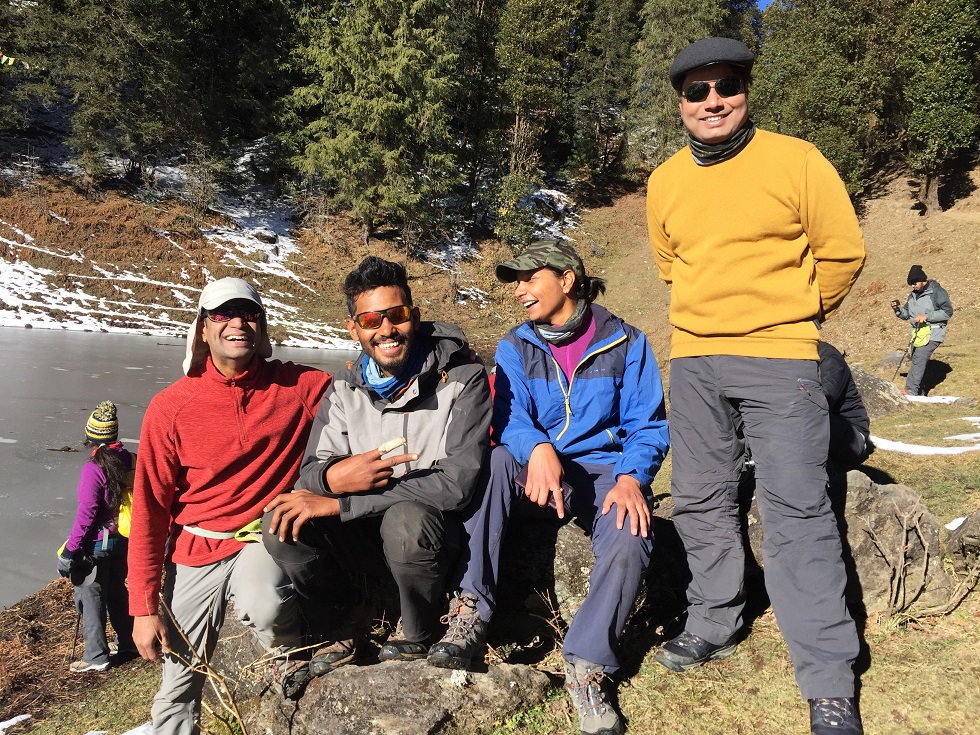
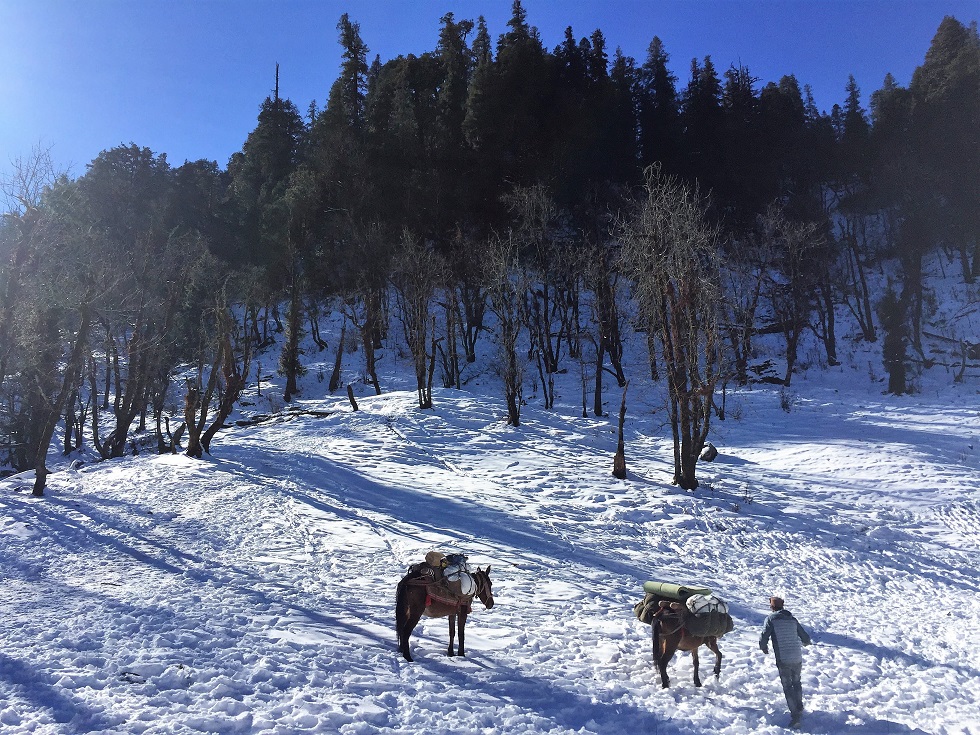
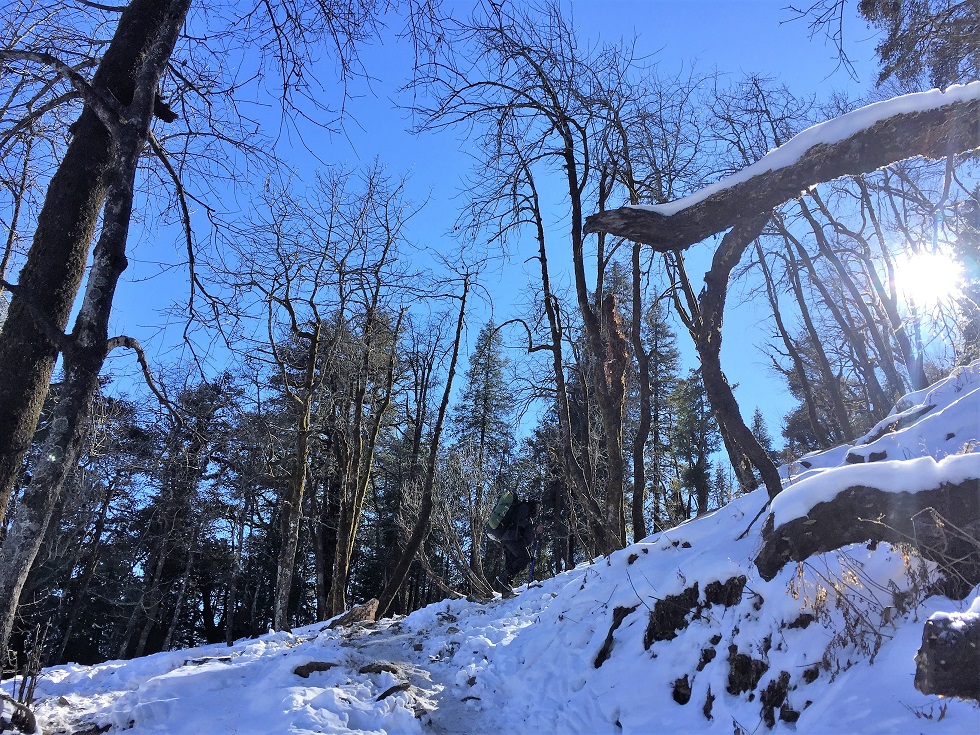
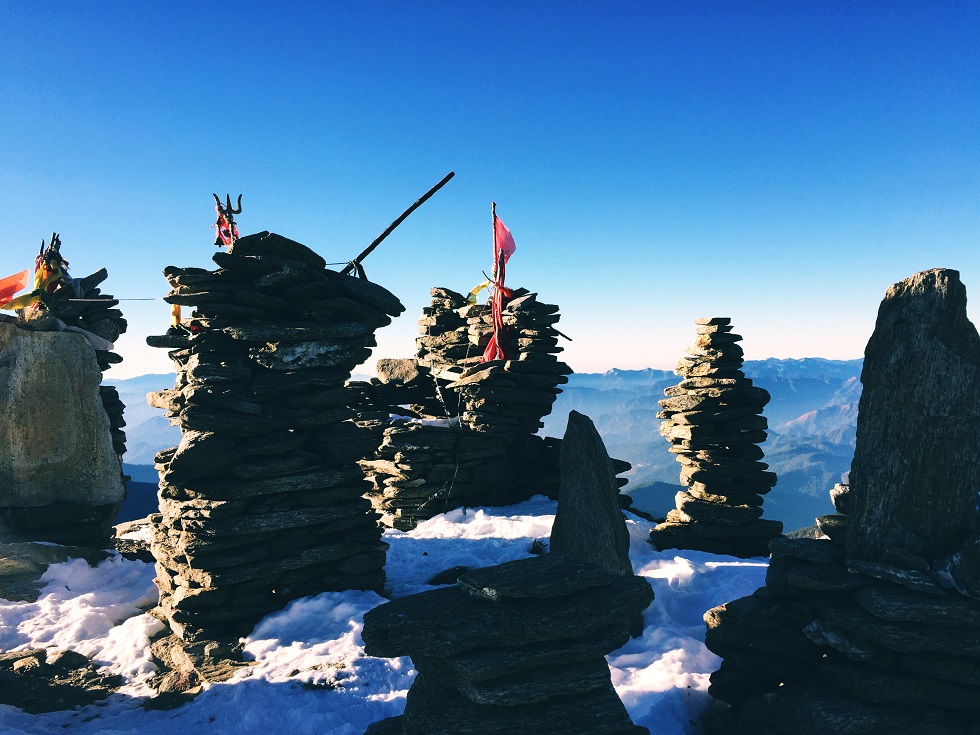
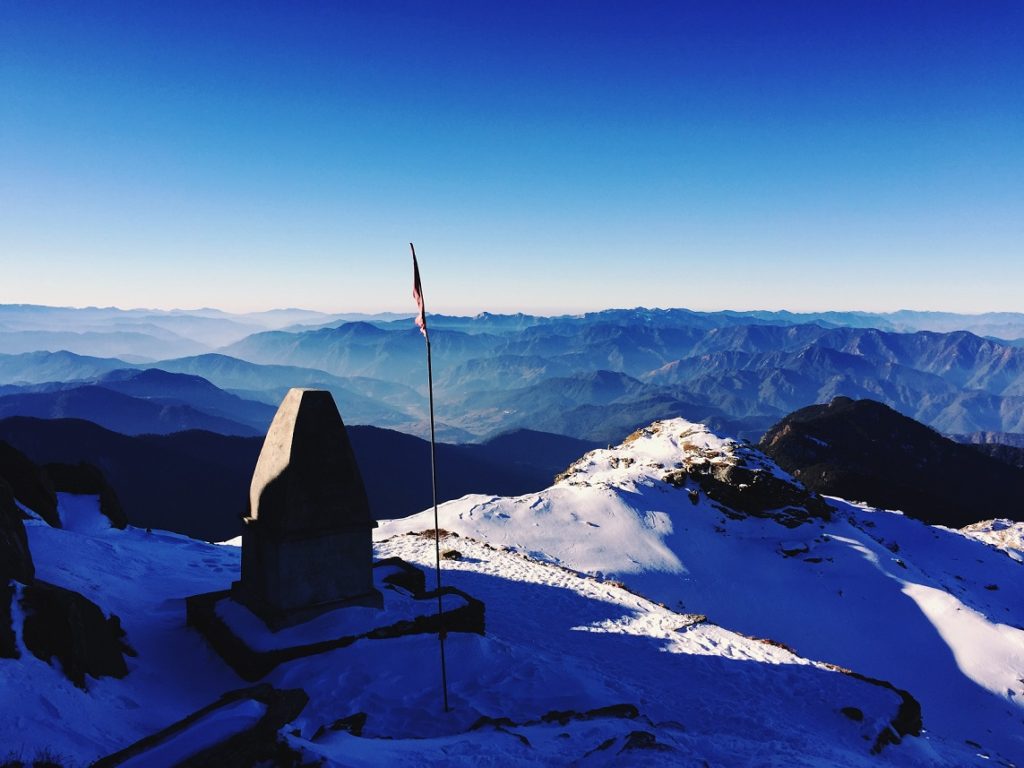
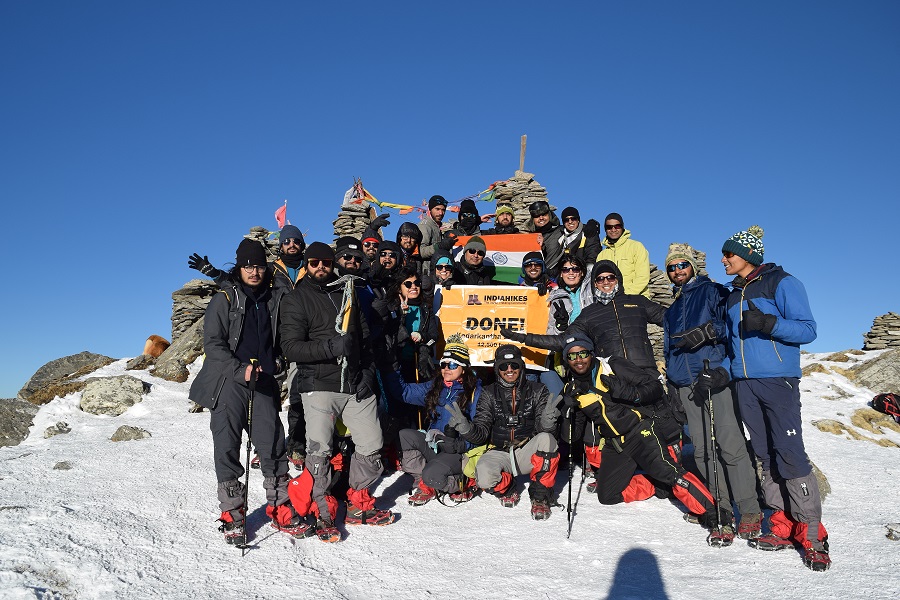
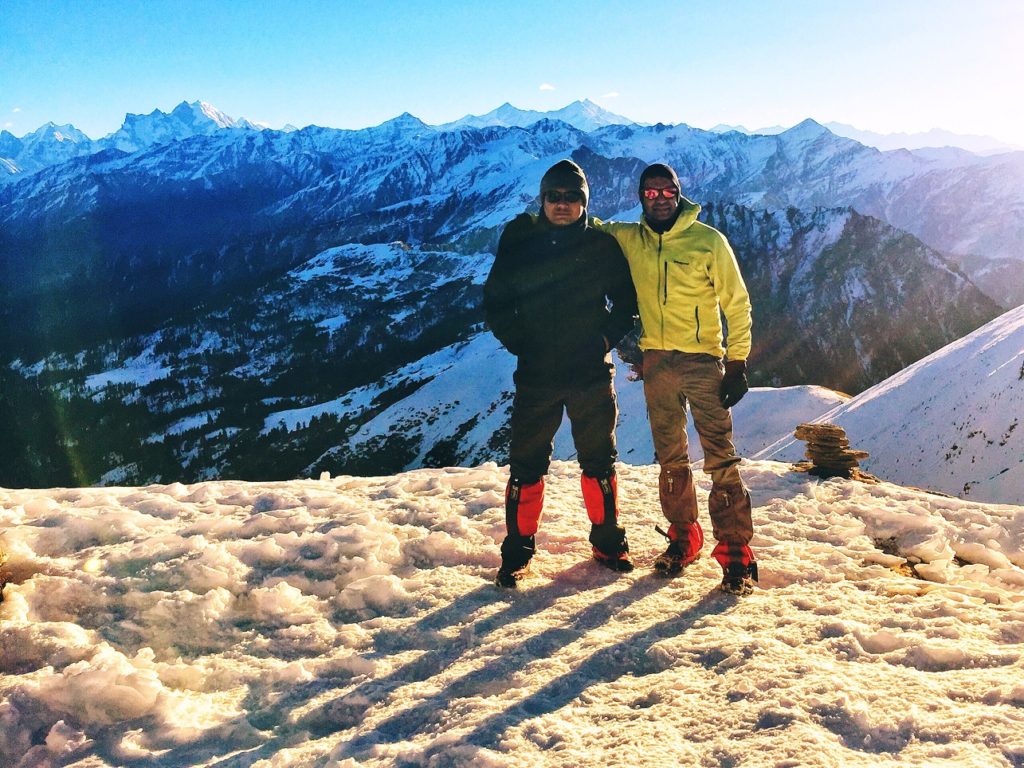
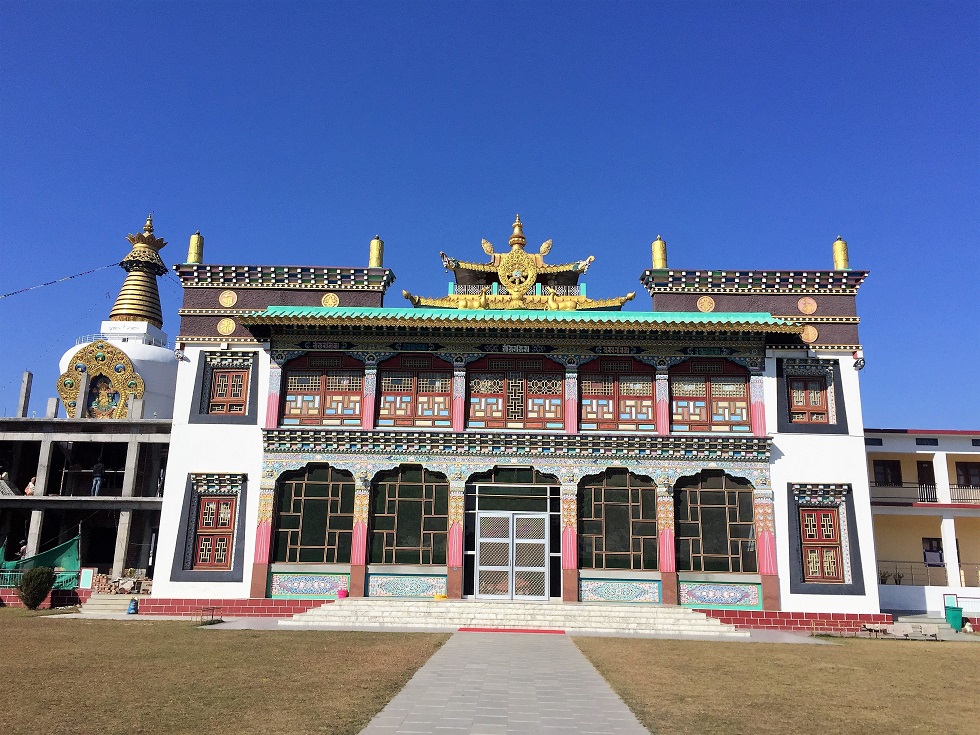
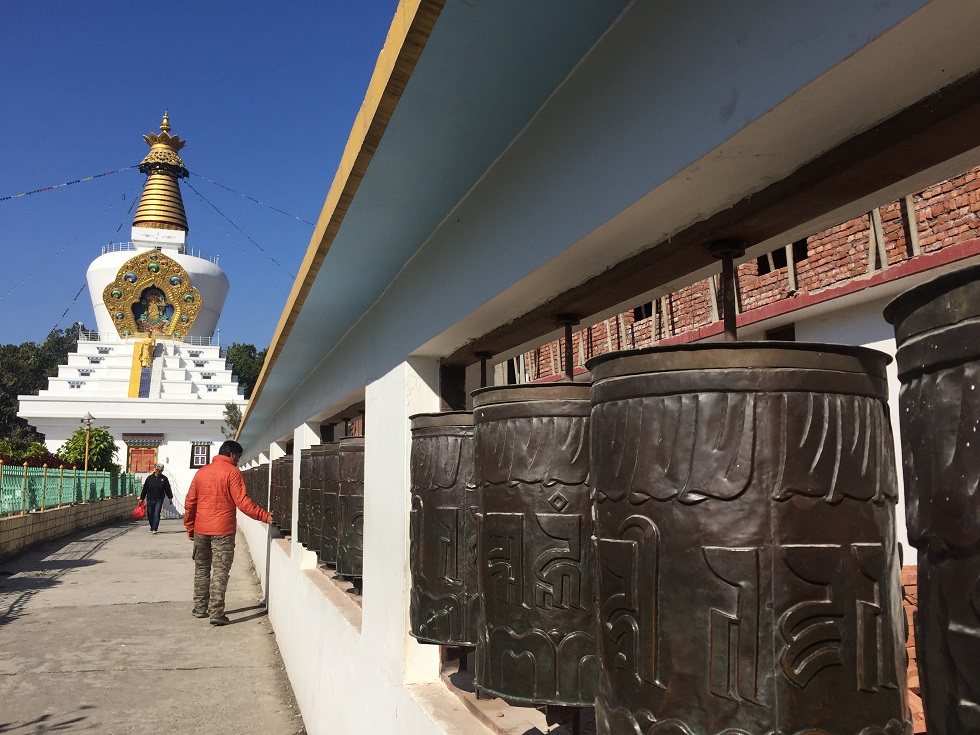
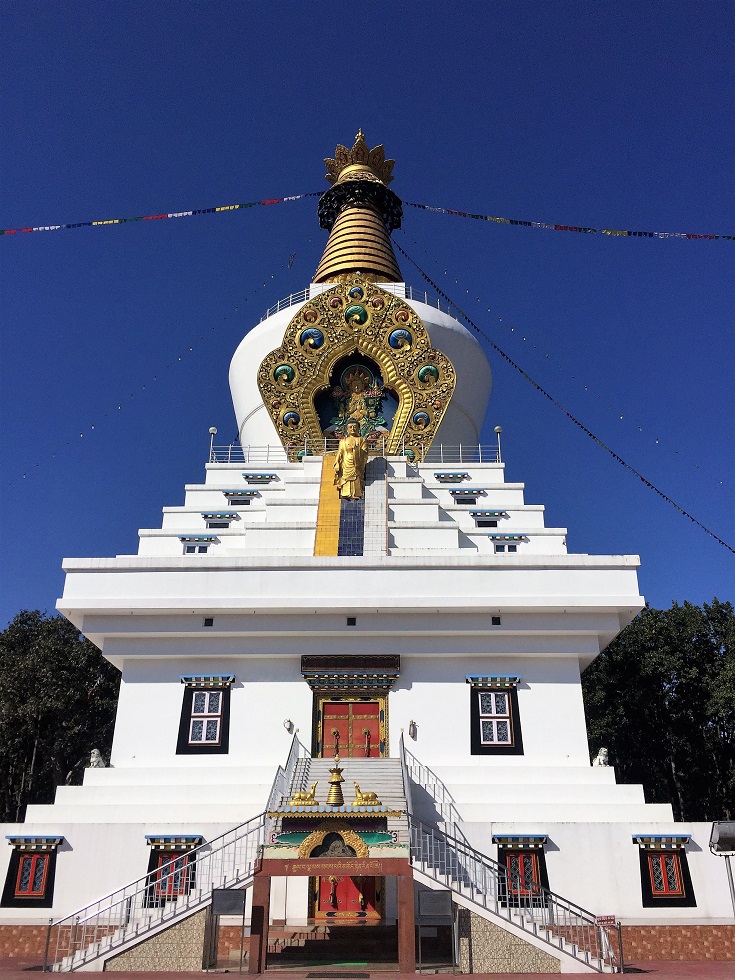
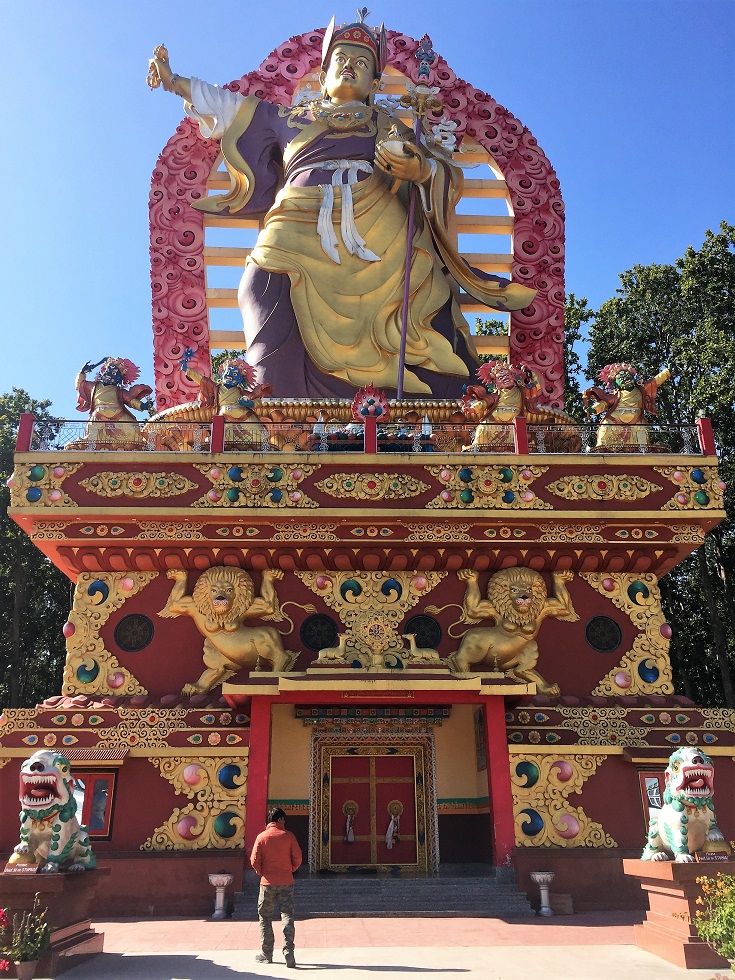


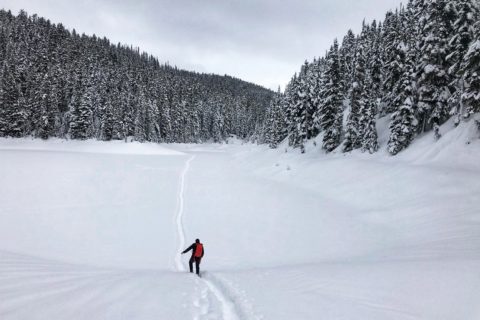
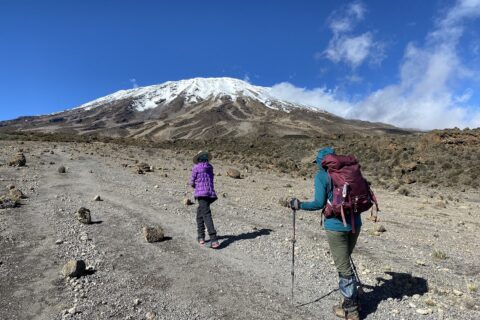
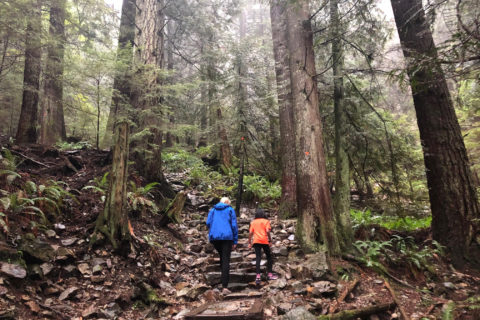
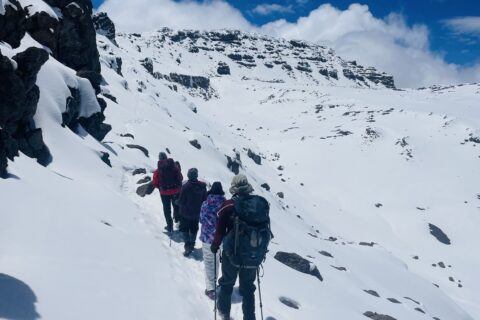
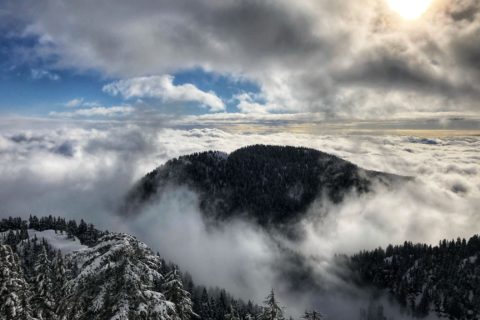
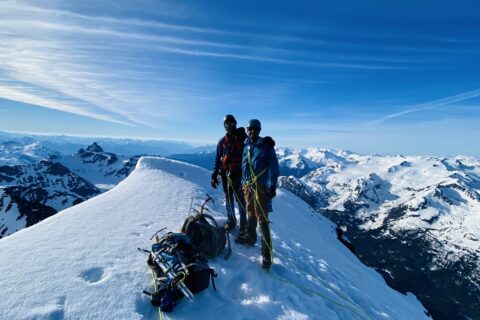
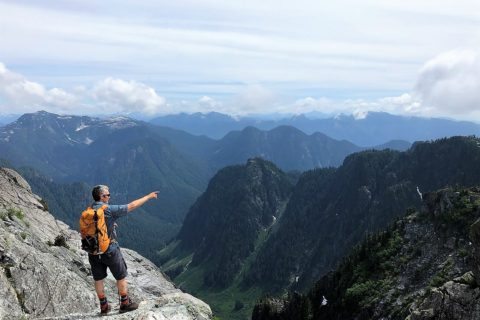
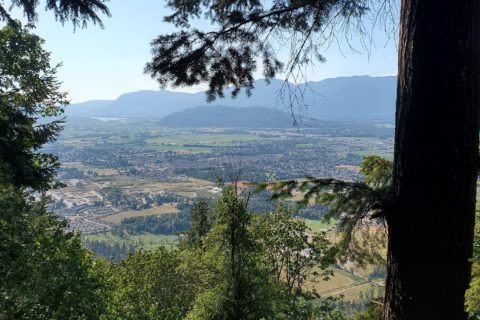
Raja tumba chanda explain madi baredidi.
Nanu nodida haage aitu.
Good Raja
Thank you!
Shashi khoop chan lihile aahes.Varanan vachun vatale aare aaplyala pan ase baghayala milale aste tar chan zale asate.
pan he tevadhe sope nahi.Tyasathi laganari poorva tayari tuzyakadoon
shikavi.
Koutuk vatale .
Lihit raha.
Thank you!